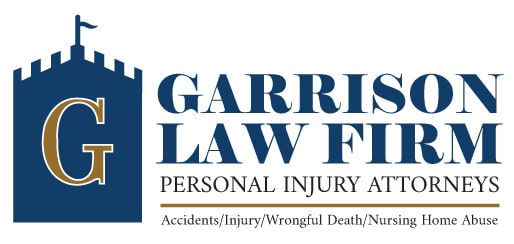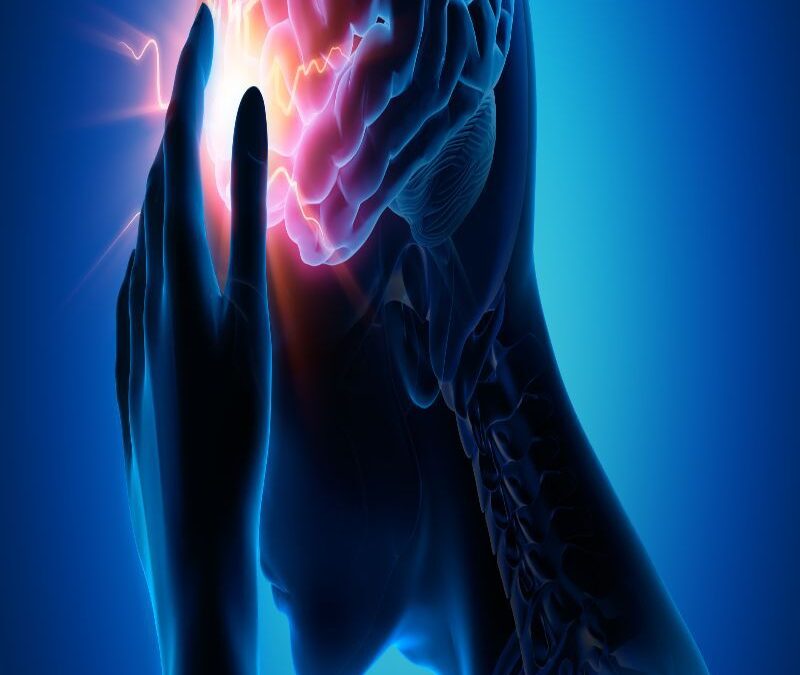An Arizona auto accident concussion seldom causes lasting brain damage. However, it can still cause severe symptoms ranging from headaches to depression. Depending on the severity of your Arizona auto accident concussion injury, these symptoms might prevent you from working for weeks or even months. They can also increase the likelihood of sustaining more brain injuries in a later accident.
The Human Skull
First it is important to go over the anatomy of the skull, which of course houses our brain. Inside your skull, your brain floats in cerebrospinal fluid (CSF). The skull shields the brain from impact while the cerebrospinal fluid cushions and slows the brain’s movement. The skull can be compared to a box and the CSF to bubble wrap.
Together, the skull and CSF provide enough protection for the brain. The CSF slows the brain and protects it from colliding with the interior of the skull during slight jolting. You may sustain a hit to the head, but you will not sustain a concussion or other brain injury.
What Causes a Concussion Injury?
A concussion occurs when the brain moves so aggressively inside the CSF that the pressure of the CSF squeezes the brain. When your head is shaken after an Arizona auto accident, a fall, or similar traumatic event, your brain shifts within your skull.
If the brain strikes the interior of the skull, a brain contusion may form. This abrasion can cause cerebral hemorrhage that destroys brain cells. The hemorrhage can exert so much pressure on the brain that a coma may result. In order to prevent this, the CSF has a viscosity greater than water. When the fluid resistance of the CSF destroys brain cells, a concussion occurs.
The body initiates an inflammatory reaction in response to injured brain cells. The brain swells and overheats because of the body. This traps any poisons or germs in the injured region and permits immune cells and repair cells to remain and heal the wound. Symptoms of concussion come from the destruction of brain cells in conjunction with cerebral swelling and heat.
Concussion-Related Injuries
Concussions are caused by CSF pressure on the brain. This strain can be brought on by a variety of traumas, including:
Head Trauma
A head injury might cause the brain to move about in the CSF. This moving can result in a concussion.
However, keep in mind that this concussion was not caused by the head impact. It was created by the moving of your brain following a blow to the head. Consequently, if you hit your head in a slip-and-fall event, you may have an injury because the blow to the head may cause your brain to shift in the CSF.
Acceleration and Deceleration with Rapidity
Rapid acceleration or deceleration causes the brain to shift within the skull. A automobile collision is a frequent example of an accident that might generate a concussion without causing brain trauma. As your vehicle collides with an object, your brain want to maintain the same direction and speed as before the impact. The CSF must exert pressure on the brain to halt its movement.
Your body will whirl about in the car before coming to a stop. This whipping will induce brain movement inside the CSF. In turn, the CSF exerts a slowing force on the brain. All this pressure on your brain might induce a concussion even if you do not touch your head during the accident.
Explosion-level Trauma
Explosions generate blast waves. As this blast wave passes, your body is compressed. The blast wave might increase CSF pressure and crush the brain.
This damage is prevalent among troops injured in explosions during warfare. However, employees in sectors employing explosives, such as mining and demolition, are also susceptible to blast-related concussion injuries. In addition, a severe and traumatic Arizona auto accident has the potential to cause explosion-level injuries.
Manifestations of a Concussion
A variety of physical, cognitive, and emotional symptoms, such as:
- Headache
- Tinnitus
- Impaired vision
- Poor speech patterns
- Drowsiness and fatigue
- Confusion and haziness
- Amnesia
- Difficulty concentrating
- Depression
- Anxiety
- Emotional episodes
Not every victim of an accident will exhibit all of these symptoms. Depending on the degree of your concussion and the location of the brain injury, your symptoms will vary.
Personal Injury Claims Related to Your Concussion
If you experienced a concussion as a result of an auto accident, you may be eligible to file a personal injury claim against the responsible party. To establish negligence, you must demonstrate that the other party failed to exercise reasonable care and that this failure caused your injuries.
You can seek compensation for your economic and non-economic damages if you can show fault for your injuries. Your economic losses consist of medical expenses, missed wages, impaired earning ability, and other out-of-pocket costs. You can demonstrate your economic losses through invoices, credit card and bank statements, and other financial documents.
Your non-economic losses consist of all the ways in which your concussion-related injury impacted your quality of life. Pain, suffering, annoyance, and the incapacity to engage in activities are examples of non-economic losses. Your non-economic damages might be estimated by a jury depending on the severity and duration of your injuries.
Arizona Auto Accident Lawyer
Personal injury cases commonly arise out of accidents such as car crashes, motorcycle accidents, trucking accidents, slip and falls, nursing home abuse, and medical malpractice. For help navigating the legal system after being injured, call Garrison Law Firm. We proudly serve Surprise, Peoria, Glendale, Avondale, Wickenburg, Buckeye, Phoenix and the surrounding areas. One of the most important first steps towards healing involves getting the support you need. Contact Garrison Law Firm immediately to arrange for a free case review with one of our auto accident attorneys.


